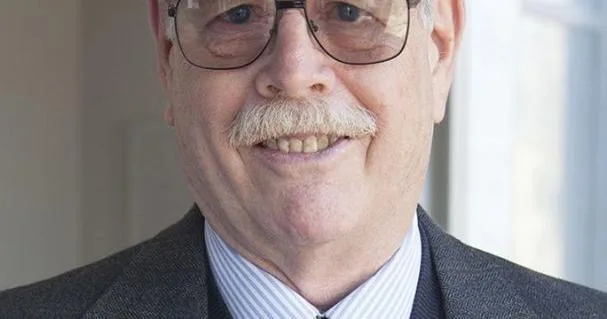
In previous columns I have noted the huge injustices imposed on African Americans by the deplorable institution of slavery and the terrible things that were done to Native Americans, depriving them of their ancestral homelands and in substantial measure destroying their cultures. Some have argued that reparations should be made to the descendants of enslaved people and to Native Americans.
That is a difficult and complicated question. Those who were subjected to, in Abraham Lincoln’s words, “the bonds-man’s 250 years of unrequited toil” are no longer living. (The last surviving person born into slavery in the United States died in 1972 with several others living until the 1960s and early 1970s.)
Those who argue that reparations are owed African Americans, however, suggest that they should be paid to the descendants of enslaved people. For example, Jamaal Bowman, who represents New York’s 16th Congressional District in the U.S. House of Representatives, has introduced a bill (HR 414) that would “provide reparations for the enslavement of Africans and its lasting harm on the lives of millions of Black people in the United States.” The law, if enacted, would authorize payment of $333,000 to each Black person in the United States. These payments would add up to an estimated total of $14 trillion.
People are also reading…
At a time of massive federal budget deficits, that’s not going to happen. Nor should it happen. Michelle Obama, whose ancestors include people who were enslaved, does not need a check for $333,000 from the federal government. The same is true of many other African Americans, including Congressman Bowman.
At the same time, there are some very important issues that need to be addressed. In an article entitled “The Race Gap – How U.S. Systemic Racism Plays Out in Black Lives” that ran in the New York Times, Travis Hartman, Samuel Hart, Jonnelle Marte and Howard Schneider note that:
• Black households are two-and-a-half times more likely to experience food insecurity than white households
• 15 percent of Black children have access to high quality preschool programs, compared to 24 percent of white children
• Fewer than one third of Black students attain bachelor’s degrees (or equivalent degrees), compared to nearly half of white students.
These, as well as other factors, make a huge difference in terms of life chances.
In an op-ed piece entitled “How to Do Reparations Right” that ran in the New York Times, conservative columnist David Brooks argued that money for reparations should be spent on community development programs that will help bridge the racial gap, with community members having a voice in how this money is spent. He is right about that. What he proposes is a common sense approach to reparations.
In short, Brooks’ approach to reparations makes far more sense and is likely to do far more good than Bowman’s proposal.
The reparations question with respect to Native Americans is far more complicated. The wrongs that were done cannot be undone simply by reversing decisions that were made. Rescinding the 1804 St. Louis Treaty, in which Sauk and Meskwaki tribal members were tricked into relinquishing claim to their lands in western Illinois, would not correct the wrongs that were done. Moreover, returning their lands to them, which would include the entire city of Rock Island, is not going to happen.
At the same time, this does not mean that there is not anything that can be done. For example, the University of Wisconsin-Madison recently announced a program that will cover the full cost of college for Native American students from Wisconsin tribes. Other educational institutions might explore the possibility of introducing similar programs.
Additional funding, be it from public or private sources, might be sought to improve healthcare facilities on reservations such as the Flathead Reservation (located near where I grew up in western Montana). And funding might be sought, once again from public or private sources, to provide high quality preschool programs on reservations.
An ultimate goal for reparations for African Americans and for Native Americans might be to secure funding from public or private sources (or a combination of both), to establish reparations foundations to which qualifying community members could apply for funds to improve schools and other institutions that have an impact on the life chances of African Americans and Native Americans.
Dan Lee, a regular columnist, is the Marian Taft Cannon Professor in the Humanities at Augustana; danlee@augustana.edu.

